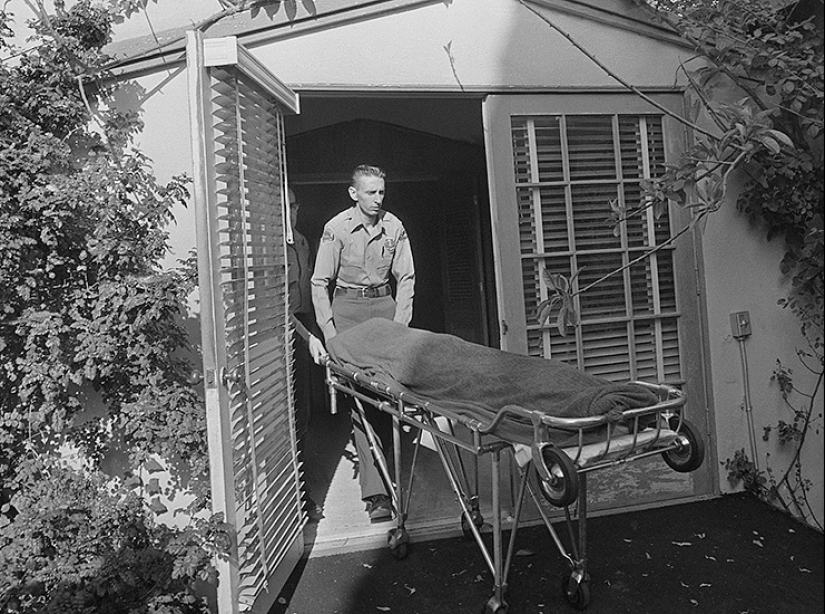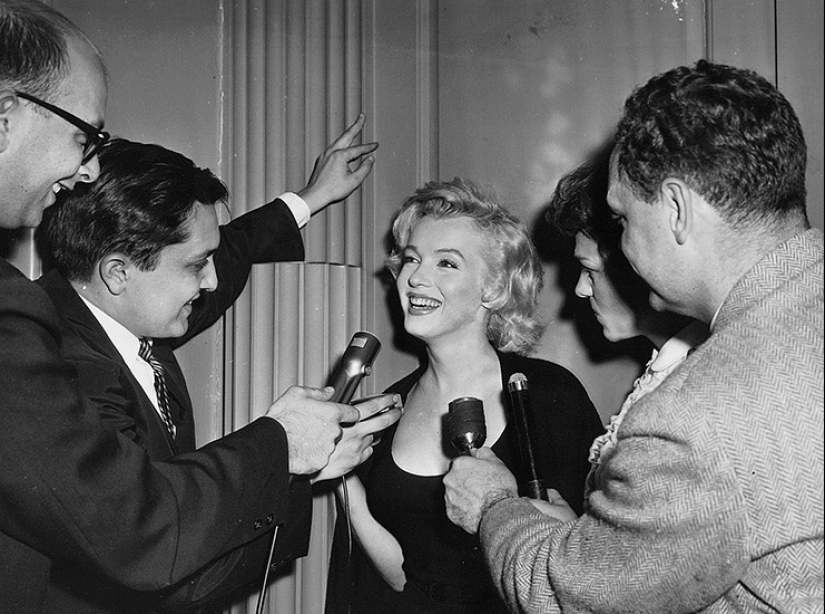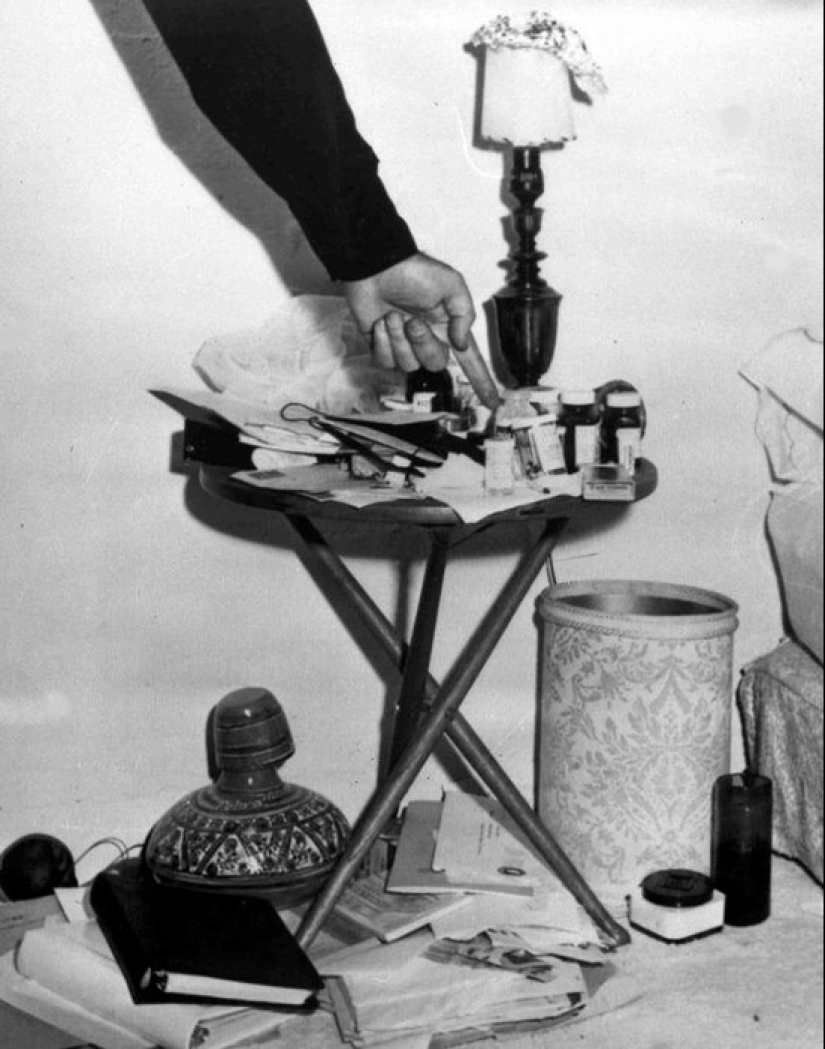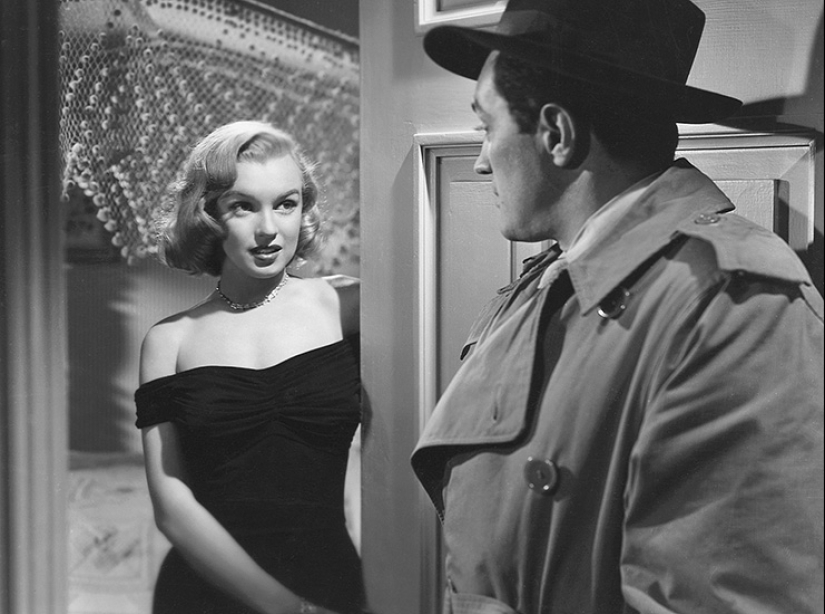The mystery of the death of King Richard the Lionheart, who died because of a frying pan, has not yet been fully revealed
Categories: Europe | History | World
By Pictolic https://pictolic.com/article/the-mystery-of-the-death-of-king-richard-the-lionheart-who-died-because-of-a-frying-pan-has-not-yet-been-fully-revealed.htmlThe English king Richard I Plantagenet, nicknamed Lionheart for his determination and courage, ruled the kingdom for only ten years — from 1189 to 1199. He performed his direct duties even less, since most of the monarch's life was spent in the crusades. Despite this, Richard's reign is considered an important historical period in the history of England, and his life and unusual death are overgrown with legends and speculation.

While on the English throne, Richard I was constantly in conflict with King Philip II of France. There was something to share between the two monarchs — Richard the Lionheart was not only the king of England, but also the Duke of Aquitaine, which was vassal to France. There were other moments, such as the unsuccessful Third Crusade, which was marked by many misunderstandings between kings and their subjects.

The hostile relationship ended in a dangerous intrigue — Philip II began to persuade Richard's younger brother, John, to oppose the king and take the English throne. This led to the fact that the English army, without even going home after the crusade, visited France in 1199 and quickly defeated the army of a restless neighbor.
After that, Richard and his loyal knights planned to go to his homeland, where he had not been for several years, but along the way he had to solve one particular issue, which, in the end, cost the brave king his life. The fact is that one of the vassals of the English monarch, Aimard, Viscount of Limoges, found a rich gold treasure on his lands and decided to hide it from the king, who was entitled to a substantial share. It is not known exactly what these treasures were, but historians suggest that we are talking about an ancient Roman golden altar.

Richard the Lionheart with his army arrived at the castle of Chalus-Chabrol, where the viscount who offended him was hiding and besieged the fortification. The king was mortally wounded even before the assault began, driving around the vicinity of the castle with his entourage. A crossbow bolt fired by a sharpshooter from the wall of the fortification hit an unprotected place on the king's neck with armor.
The wounded Richard was urgently taken to a military camp, where experienced healers removed the arrow and treated the wound according to the requirements of medieval medical art. It was decided to send the wounded king to England, but before Richard did not reach London and died on the way.

Numerous sources indicate that the king's wound was not fatal, even considering the low level of medical science of the XII century. Richard had a good chance to recover, but he died anyway. In this regard, the version with poison applied to the crossbow bolt that wounded the monarch was often discussed. Neither the French nor the British poisoned weapons, considering it a meanness, but after the Crusades, the customs of the Saracens began to penetrate into European military art.

In 2012, scientists refuted this hypothesis by conducting a complex analysis of a piece of Richard Plantagenet's heart stored in Rouen Cathedral. According to the will of the king, his body after death was divided and buried in different places and some of the remains have been well preserved to this day. Therefore, it was not difficult to get a tissue sample for research — scientists seized only 1% of the king's heart for analysis and received reliable information about his death.

Poison was not found in the tissues of the king, but it was found that the cause of his death was blood poisoning. In the Middle Ages, it was a very common cause of death, due to the lack of antibiotics and primitive ideas about hygiene.
In addition, the date of the king's death was also questioned. For many centuries, it was believed that Richard I Plantagenet left this world on April 6, 1199. But the pollen analysis of tissues carried out by experts reported that the body was embalmed no earlier than midsummer, since pollen of plants that bloom no earlier than the end of June was found in the tissues.
If the causes of death were established without problems, then everything is much more complicated with the circumstances of receiving a fatal injury. Richard and his army did not consider the siege of Chalus-Chabrol a serious task — the castle was poorly adapted for defense and had a small and not too sophisticated garrison in defense. There were only two knights with combat experience in the fortification, and the British knew these people well. These two men led the defense, placing soldiers and servants on the walls and giving instructions on how to act in this or that case.

Both knights were in the castle as guests and did not have armor with them. In this regard, they were equipped with anything, including not quite suitable things. Legend has it that Richard, seeing a knight with a crossbow and a kitchen frying pan on the castle wall instead of a shield, laughed and defiantly weakened his armor to show that it was not worth fearing such defenders. It was at this moment that the ill-fated crossbow bolt hit his neck.
The castle was taken very quickly and the wounded Richard was still in the camp at that time, preparing for transportation home. Since the name of the marksman was known to everyone, he was brought to the king to decide his fate. Upon learning that the shooting knight was taking revenge for relatives who had once died at the hands of the British, Richard forgave him and even ordered him to give a monetary reward for a well-aimed shot.

However, when the king died on the way home, his murderer was treated badly, instead of a reward, skinned alive and hung higher for everyone to see. The name of the man who took the life of Richard the Lionheart is still unknown. Three names are mentioned in different chronicles: Bertrand de Gudrun, John Sebrose and Pierre Basil.
But a detailed study of ancient documents revealed that these people appear in various events years after the death of the monarch. It is quite possible that the name of the culprit of this important event for the entire medieval world will remain a mystery.
Recent articles

When it comes to movies, everyone has a couple of favorite movies. Someone likes the work of a certain director, and someone loves ...

Pepsi Co has never spared money on advertising campaigns. At the same time, sometimes the brand goes too far and promises prizes ...

Motorcycles have long been a kind of symbol of freedom and risky adventures, so it is not surprising that many famous creative ...